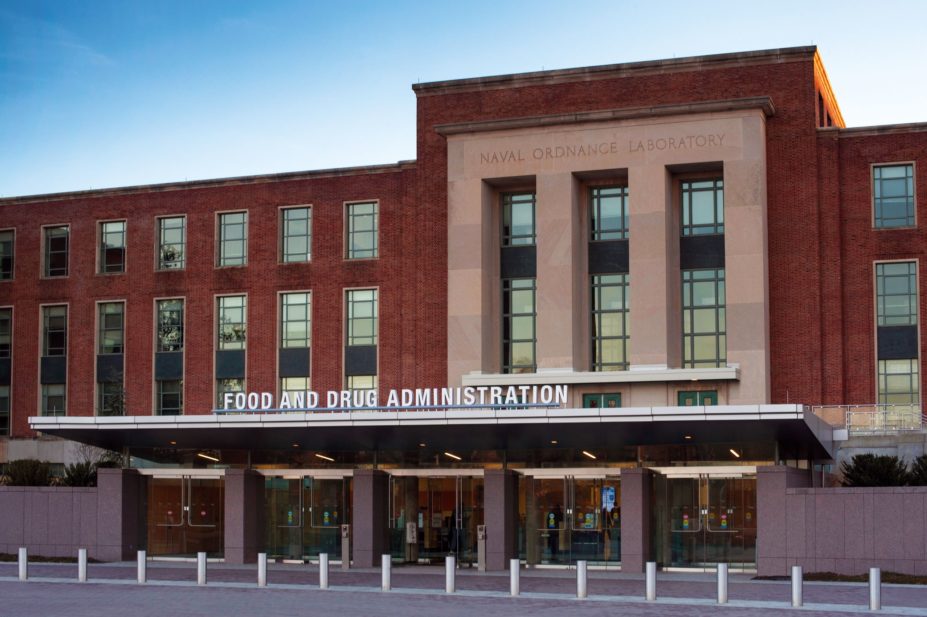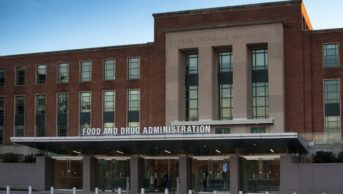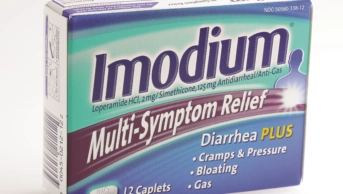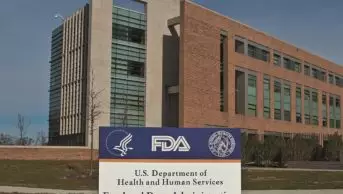
Wikipedia / Creative Commons
A leading public health professor has warned that the “right balance” must be struck between maximising access to treatments and ensuring the public’s health.
Caleb Alexander, associate professor at the Center for Drug Safety and Effectiveness, Johns Hopkins Bloomberg School of Public Health, made his comments after research, published in the Journal of the American Medical Association, revealed that many drugs signed off by the US Food and Drug Administration (FDA), which evaluates the safety and efficacy of medicines in the United States, under their accelerated approval process lacked clear evidence of safety and effectiveness[1]
.
He said: “These studies shine welcome light on the fact that all too often, products are approved with important knowledge gaps that remain regarding their safety and effectiveness.”
Between 2009 and 2013, the FDA granted accelerated approval to 22 drugs for 24 indications, researchers said.
The ‘gold standard’ for drug approval is a randomised controlled trial but researchers found that 14 of the accelerated approvals they looked at were based on data from less rigorous trials.
The median number of participants enrolled in the preapproval studies was 132, and eight studies (27%) included fewer than 100 participants.
Owing to the level of evidence, the FDA required 38 more trials after approval, but three years on, the researchers found only 19 had been completed, 11 more were underway, six were delayed by more than 12 months, and two had been discontinued.
Overall, the team from the UK and the United States discovered that the efficacy of 42% of the 24 indications had been confirmed in post-approval trials a minimum of three years after approval.
Alexander said it was commonly assumed that once a drug had received FDA approval, it had been shown to be fully safe and effective, when often this was not the case.
He added: “The FDA has to continually strike the right balance between maximising access to treatments and ensuring the public health, and these studies raise questions as to how well this is being done for products with accelerated approval.”
In another report looking at the strength of evidence in 83 studies used to inform FDA decisions about high-risk medical devices, the researchers found fewer than half were randomised, blinded, or controlled, and most primary outcomes were based on surrogate end points[2]
.
Of the 78 device modifications investigated, 71 were supported by a single clinical study, and half of these enrolled 185 or fewer patients.
References
[1] Naci H, Smalley K, Kesselheim A. Characteristics of preapproval and postapproval Studies for drugs granted accelerated approval by the US Food and Drug Administration. JAMA 2017;318(7):626–636. doi: 10.1001/jama.2017.9415
[2] Zheng S, Dhruva S, Redberg R. Characteristics of clinical studies used for US Food and Drug Administration approval of high-risk medical device supplements. JAMA 2017;318(7):619–625. doi:10.1001/jama.2017.9414


